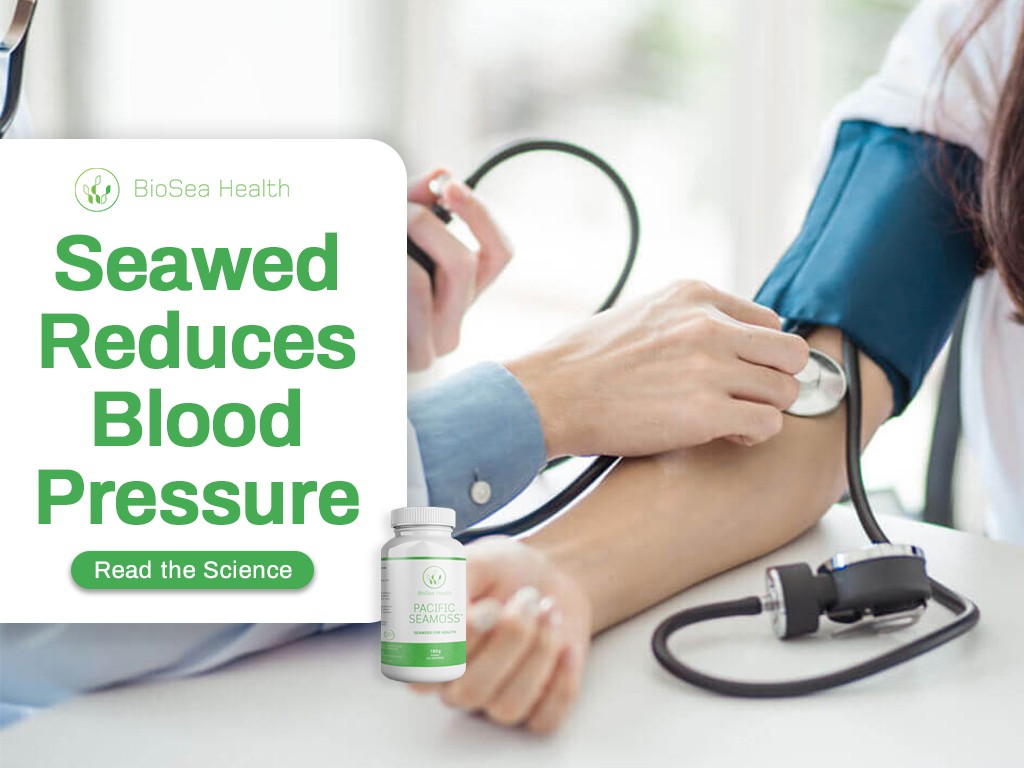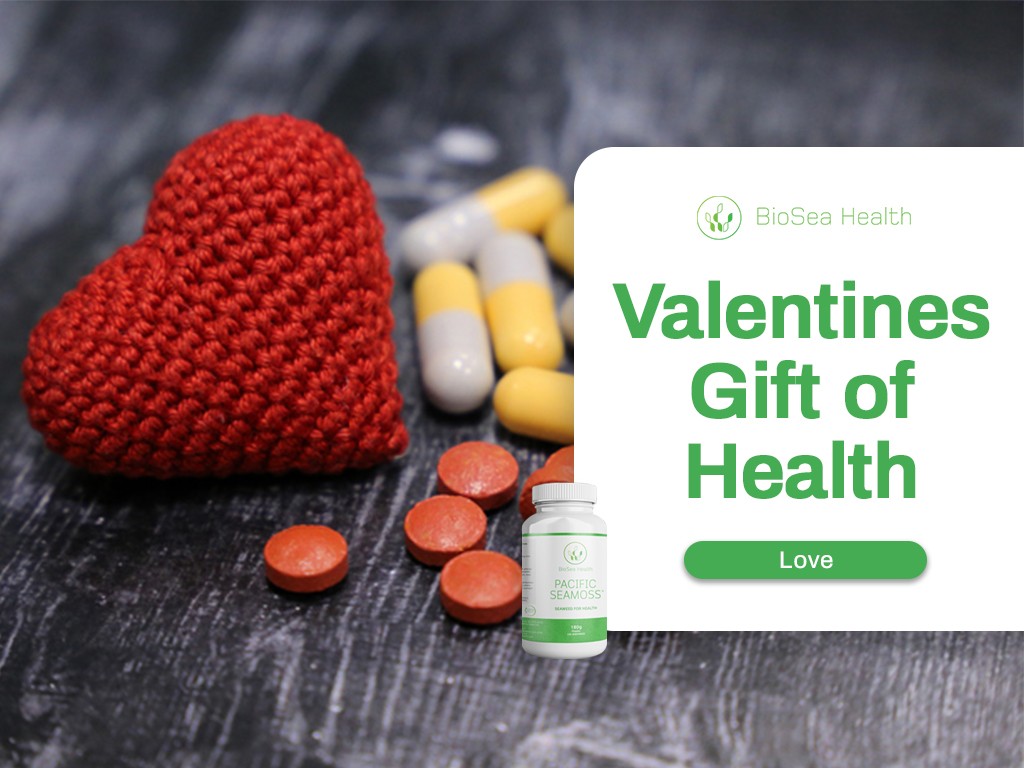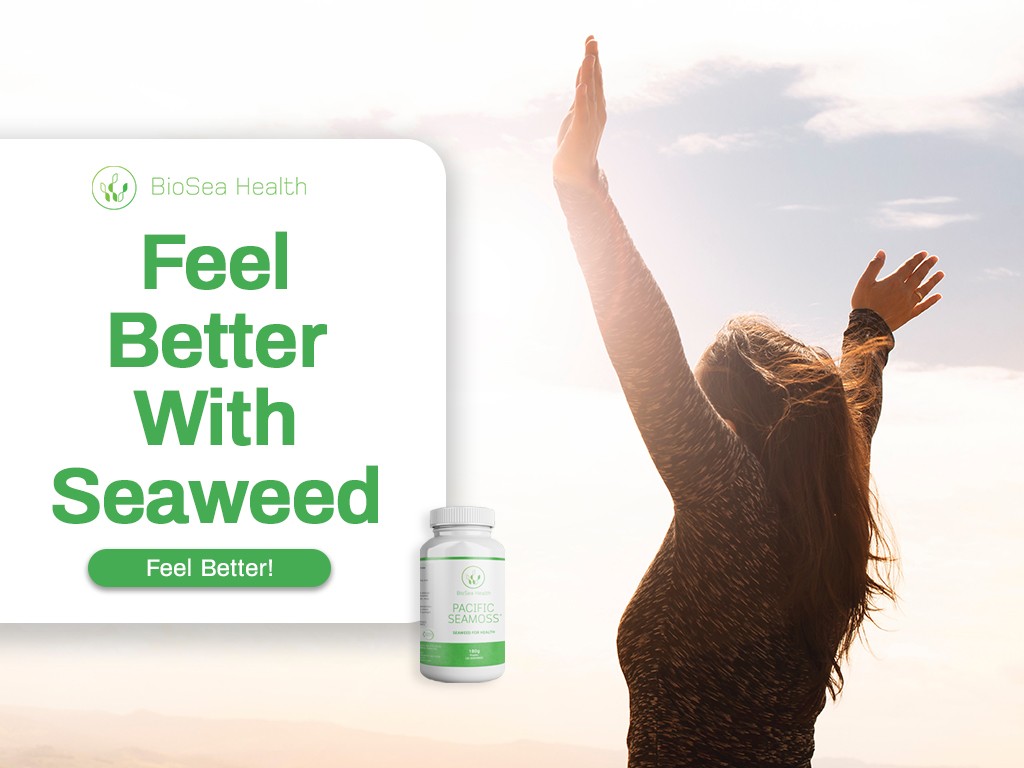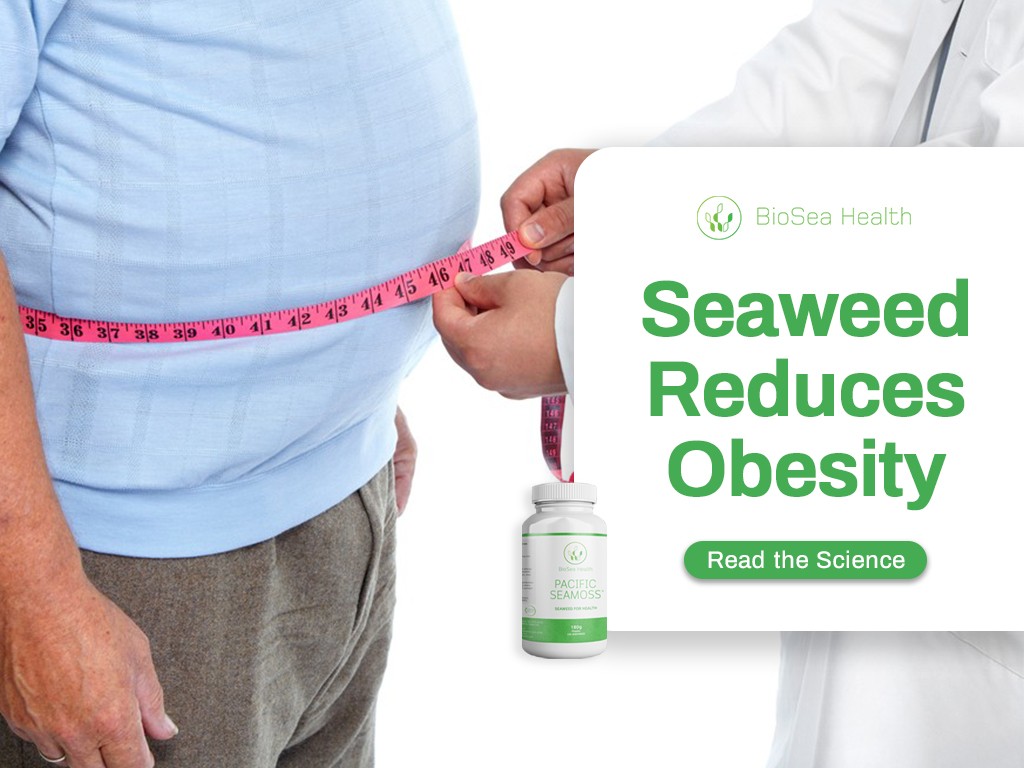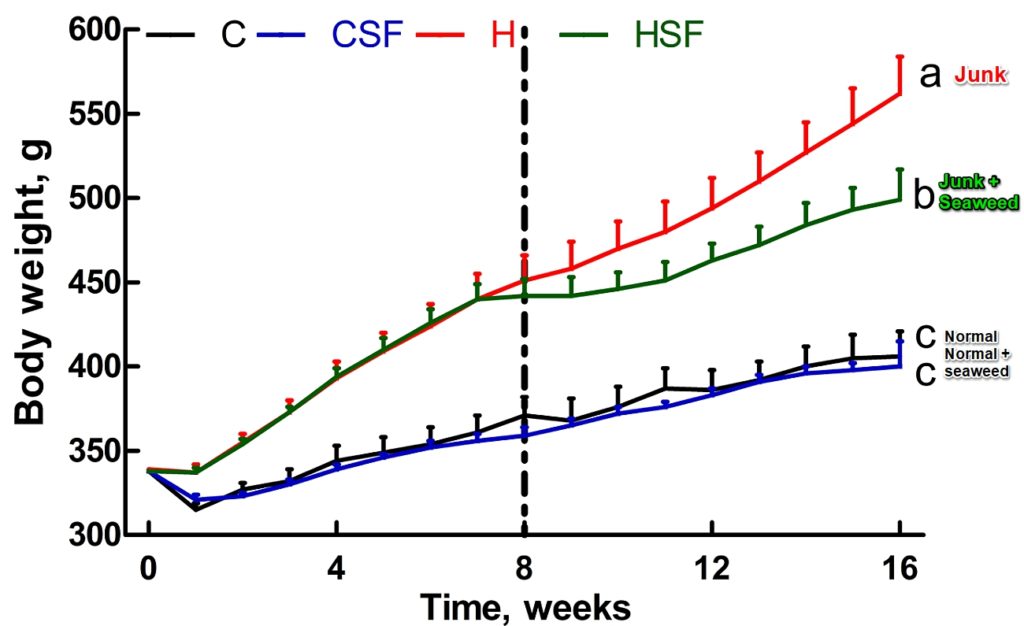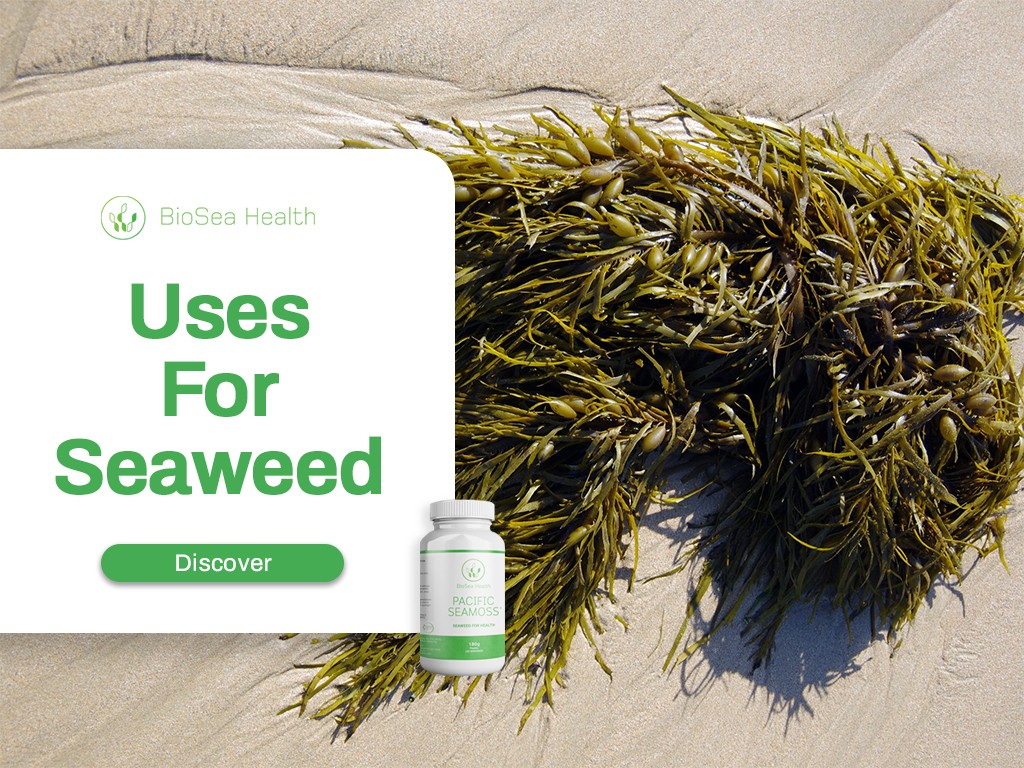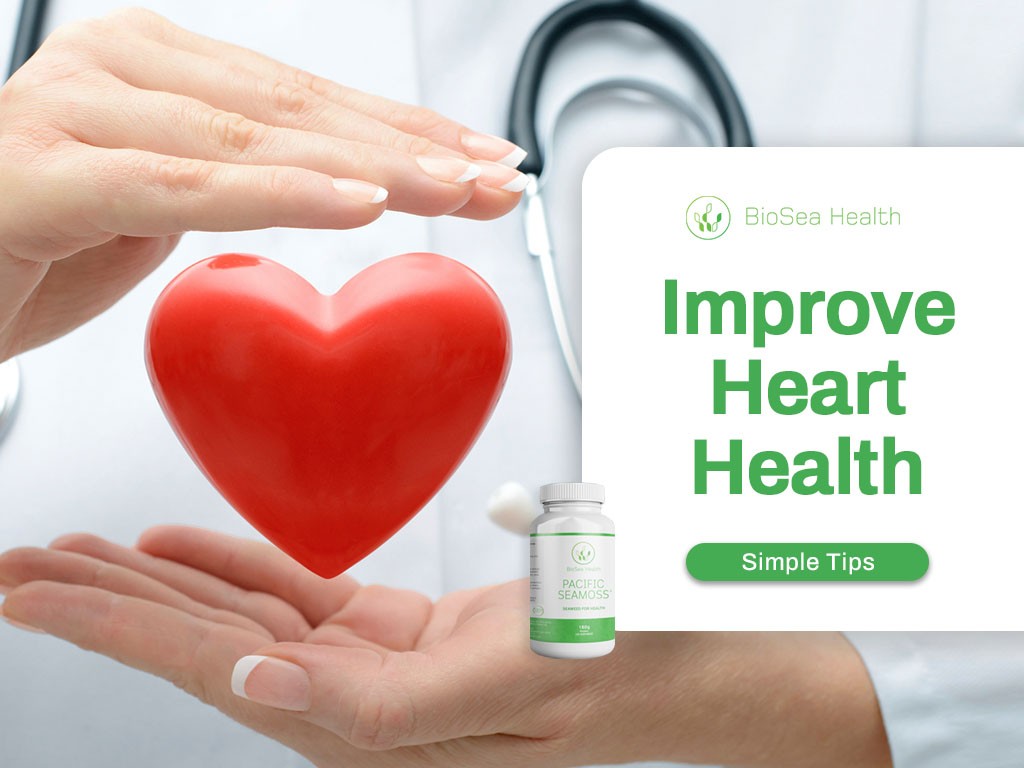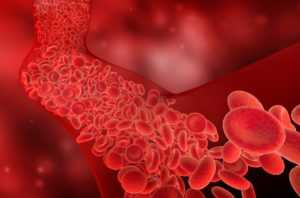Fight viruses naturally with seaweed, as the latest pandemic spread across the entire world. There has never been a better time to boost your immune system. You can fight viruses with seaweed because seaweed is packed with phytonutrients and prebiotics that boost your immunity quickly. But Seaweed is also a powerful tool against the big guns of the virus world such as SARS and HIV/AIDS.
Not convinced?
Here are some of the reasons why seaweed should be your first choice in building your immune health before a virus hits your neighbourhood!
Fight Viruses Naturally
Back in 2004, it was noticed there were higher rates of HIV/AIDS infection in Africa than in South East Asia. Rates in Asia were one-tenth of those in Africa so there must have been something other than sexual contact that was causing the difference. When scientists noticed lower HIV/AIDS rates in pockets of Africa where spirulina was eaten, they decided it was marine algae or seaweed that made the difference. [1]
In 2006, New Scientist[8] reported that a seaweed compound blocks cervical cancer known to be caused by the human papillomavirus [9]. Lead researcher Schiller (USA Bethesda Cancer Institute) said “we were floored by how much better it worked than anything else we tested”. Same mode of action – stopped the virus getting into the cells. But someone needed to take the product through the approval process. And no one did. A popular vaccine came out at the same time, so further research was shelved.
Research in 2008 [6] showed human rhinoviruses (HRVs) are a predominant cause of common cold and implicated in the worsening of COPD and asthma, as well as the loss of lung transplants. Despite significant efforts, no anti-viral agent is approved for the prevention or treatment of HRV-infection. They suggested spraying the nasal passages with carregeenan. But no one has developed such a product.
We now know it is the sulfated polysaccharides in the cell walls of the seaweed that stop the viruses in their tracks. The seaweed stops the virus from entering cells, so it cant hijack our immune system and make us ill. [2]
RED SEAWEED REDUCES VIRUS LOAD

RED SEAWEED COLD VIRUS

Fight Viruses Naturally with Seaweed and High Zinc Levels
Seaweed has 7 times more zinc than oranges. Zinc is involved in all cellular processes, but it is especially important to immunity.
Increased zinc prevents viruses from binding to RNA in cells, so the virus cannot multiply and increase infection in its host. Studies in SARS virus have shown that zinc causes a 3-4 fold reduction in the percentage of the virus binding to RNA. [3]. It is entirely probable that the same mechanism holds for the most recent virus.
Check out our label for the minerals and vitamins in Pacific Seamoss or Kappaphycus alvarezii. This demonstrates that you can fight viruses with seaweed
Seaweed is high in antioxidants
- Reactive oxygen species (ROS) are broken molecules also called free radicals. They appear in cells during infections to kill the invaders but also do damage to the host cell.
- Antioxidants in seaweed show excellent scavenging ability. [4]
- Antioxidants roam the cells scavenging excess ROS and prevent damage to the underlying cells and tissues.
This is especially important when the infection is in the lungs as is the case with the latest virus. [5] This shows you can fight viruses with seaweed.
ANTIOXIDANTS REDUCE LUNG INFECTION

ZINC REDUCES VIRAL LOAD

Conclusion
For more than 16 years, science has shown you can fight viruses with seaweed. The current SARs like virus is almost at the pandemic stage globally.
What do you have to lose?
References
[1] J. Teas, J. R. Hebert, J. H. Fitton, and P. V. Zimba, “Algae–a poor man’s HAART?,” Medical Hypotheses, vol. 62, no. 4, pp. 507-510, 2004. (Science Direct)
[2] E. M. Brown et al., “Seaweed and human health,” Nutrition reviews, vol. 72, no. 3, pp. 205-216, 2014.
[3] A. J. Te Velthuis, S. H. van den Worm, A. C. Sims, R. S. Baric, E. J. Snijder, and M. J. van Hemert, “Zn2+ inhibits virus and arterivirus RNA polymerase activity in vitro and zinc ionophores block the replication of these viruses in cell culture,” PLoS pathogens, vol. 6, no. 11, 2010. (PLOS)
[4] K. S. Kumar, K. Ganesan, and P. S. Rao, “Antioxidant potential of solvent extracts of Kappaphycus alvarezii (Doty) Doty–An edible seaweed,” Food chemistry, vol. 107, no. 1, pp. 289-295, 2008.(Link Here)
[5] R. J. Snelgrove, L. Edwards, A. J. Rae, and T. Hussell, “An absence of reactive oxygen species improves the resolution of lung influenza infection,” European journal of immunology, vol. 36, no. 6, pp. 1364-1373, 2006. (PLOS)
[6] Grassauer A, Weinmuellner R, Meier C, Pretsch A, Prieschl-Grassauer E, Unger H. Iota-Carrageenan is a potent inhibitor of rhinovirus infection. Virol J. 2008;5:107. Published 2008 Sep 26. doi:10.1186/1743-422X-5-107 (PubMed)
[7] Koenighofer, M., Lion, T., Bodenteich, A. et al. Carrageenan nasal spray in virus confirmed common cold: individual patient data analysis of two randomized controlled trials. Multidiscip Respir Med 9, 57 (2014). https://doi.org/10.1186/2049-6958-9-57 (SpringerLink)
[8] Khamsi, R 2006 Seaweed compound blocks cervical cancer virus New Scientist
[9] Buck CB, Thompson CD, Roberts JN, Müller M, Lowy DR, et al. (2006) Carrageenan Is a Potent Inhibitor of Papillomavirus Infection. PLOS Pathogens 2(7): e69. https://doi.org/10.1371/journal.ppat.0020069


